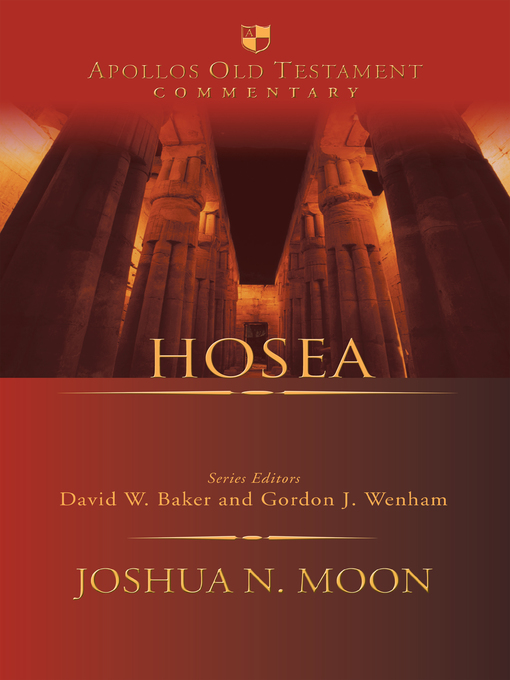- Educational Dissertations
- New American Commentary
- Holman New Testament Commentary
- Paideia: Commentaries on the New Testament
- Baker Exegetical Commentary on the New Testament
- New Testament
- Old Testament
- Encountering Series
- Columbia Bible Seminary Dissertations
- Fiction
- See all ebooks collections

-
Creators
-
Series
-
Publisher
-
Release date
August 21, 2018 -
Formats
-
OverDrive Read
- ISBN: 9780830873487
-
EPUB ebook
- ISBN: 9780830873487
- File size: 1840 KB
-
-
Accessibility
No publisher statement provided -
Languages
- English
Formats
- OverDrive Read
- EPUB ebook
Languages
- English
Why is availability limited?
×Availability can change throughout the month based on the library's budget. You can still place a hold on the title, and your hold will be automatically filled as soon as the title is available again.
The Kindle Book format for this title is not supported on:
×Read-along ebook
×The OverDrive Read format of this ebook has professional narration that plays while you read in your browser. Learn more here.